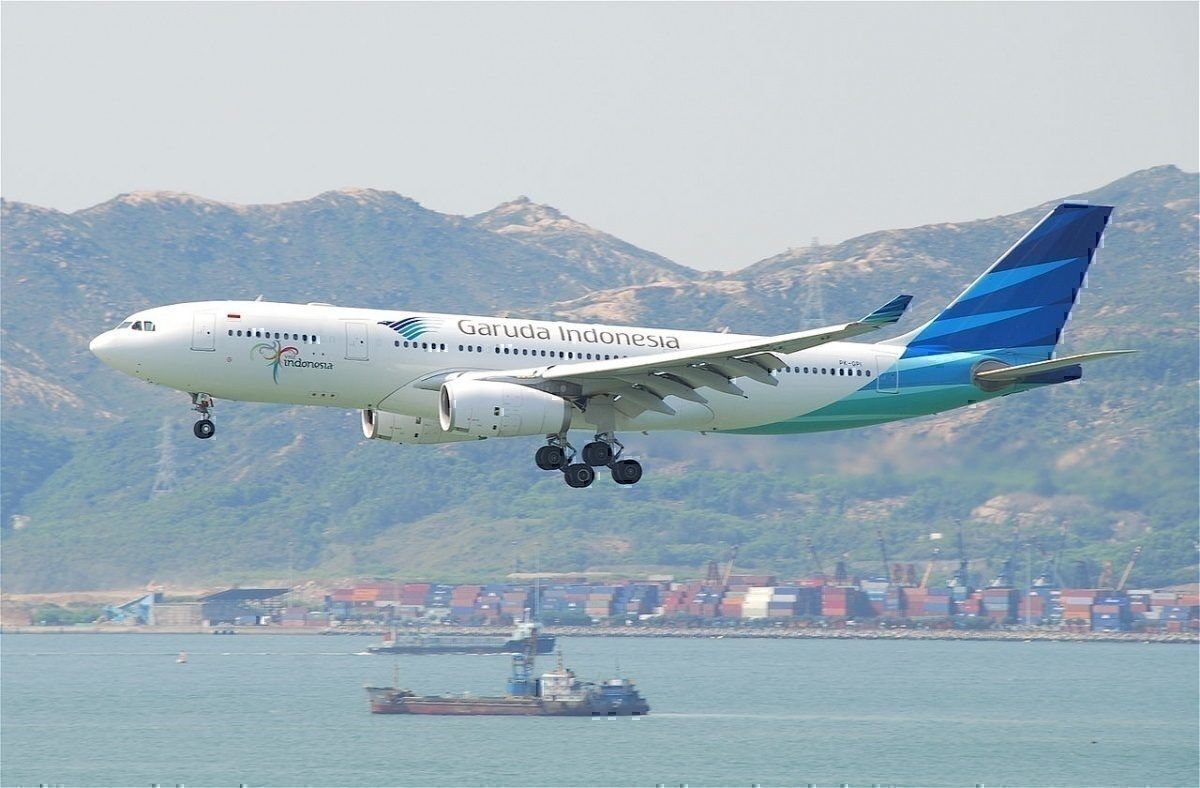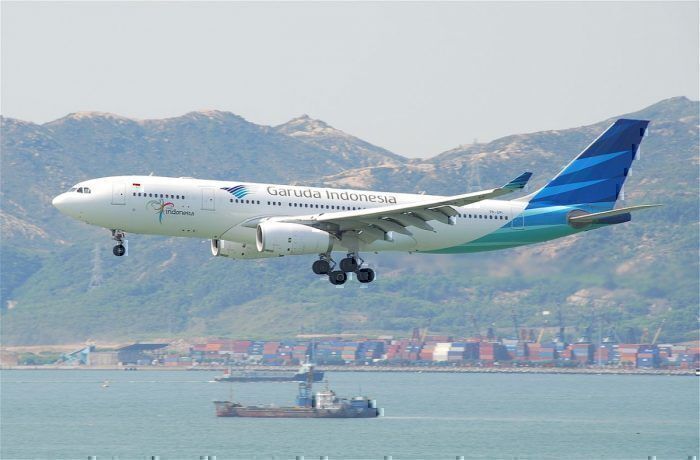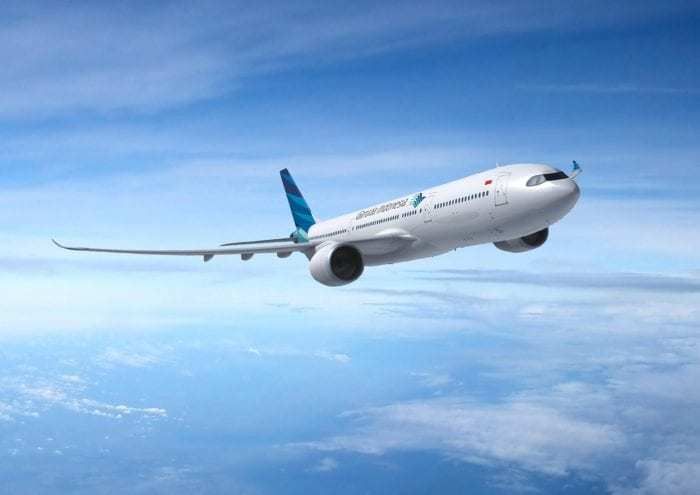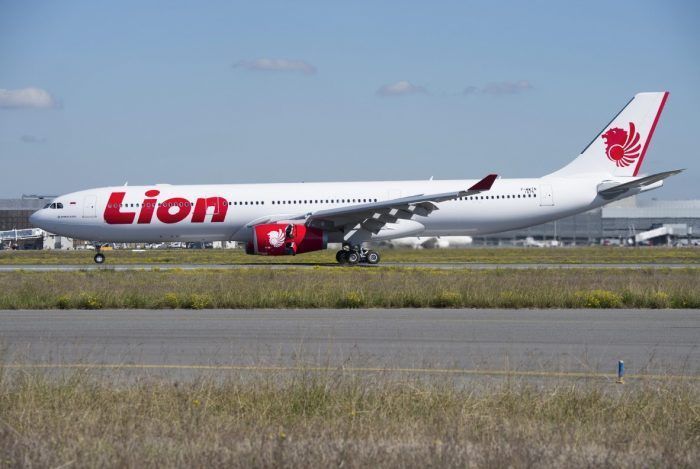A trade dispute is brewing between the EU and the government of Indonesia, which could affect the future fleets of Indonesia's airlines. According to CH-Aviation, the dispute centers on the European Union's restriction on the export of palm oil biodiesel. With the EU set to impose duties on the commodity, Indonesia is looking for a way to retaliate.
According to Bloomberg, the Indonesian government will consider a ban on the import of Airbus commercial aircraft. Instead, it will encourage its domestic carriers to order aircraft made by Airbus arch-rival and American company, Boeing.
Indonesian palm oil
Reuters reported last week that the European Commission is imposing "countervailing duties" of 8-18% on imports of biodiesel from Indonesia that have been subsidized. In fact, the intention behind the move is to "restore a level playing field for European Union producers".
In an official statement, an EU executive said the following:
“The new import duties are imposed on a provisional basis and the investigation will continue with a possibility to impose definitive measures by mid-December 2019,”
These new tariffs add to the bad news that Indonesia's palm oil producers face. In March, the EU declared that palm oil should be phased out of renewable transportation fuels. This is because of palm plantations’ contribution to rainforest destruction; it is a leading cause of the ongoing deforestation of Borneo. Palm oil is often an additive in biofuels and food.
Estimates are that the EU biodiesel market is worth approximately 9 billion euros ($10 billion) a year. Of these 9 billion euros, imports from Indonesia are worth roughly 400 million euros.
According to the academic journal 'Biofuels', palm oil is a significant part of the Indonesian economy:
"The export of palm oil is very important for Indonesian producers as the market is well established and growing. The Indonesian export of palm oil grew from 3.4 billion USD to 17.5 billion USD between 2004 and 2014 – that is, from 5% to 10% of the total export value in 10 years."
The airlines affected
Enggartiasto Lukita, Indonesia’s Trade Minister, has already spoken with Lion Air's co-founder Rusdi Kirana about making the switch from Airbus to Boeing. Bloomberg contacted Lukita regarding the matter, who had the following to say:
“We are exploring all options...[I] have contacted [Lion Air's co-founder], and he said the airline will follow whatever the government decides.”
We contacted Airbus for a comment. A spokesperson responded saying:
”This is a government-to-government issue that requires dialogue at the appropriate level.”
According to the CH-Aviation, three Indonesian carriers currently have outstanding orders with Airbus. The total number outstanding is 219 Airbus jets, including:
- 113 A320-200neos and 65 A321-200neos on order with Lion Air
- Two A320 neos and 14 A330-900neos for flag carrier Garuda Indonesia
- 25 A320neos for low-cost airline Citilink
There is some uncertainty with these numbers as it doesn't factor in Lion Air's A330neo commitment. According to Airbus, Lion Air Group will acquire 10 A330neo aircraft. Eight of these aircraft will be leases from BOC Aviation. The first of those planes was delivered on July 20th. Lion Air is Indonesia's largest low-cost carrier.
Conclusion
The way the Indonesian government is handling this is quite interesting. Rather than impose duties on Airbus aircraft, it has decided to speak directly with its airlines to convince them to make the switch. However, this is notably different from how the US Government handled Delta's order of Bombardier CSeries aircraft (now Airbus A220) - as a 300% duty was imposed at the time.
Where do you side on this matter? Let us know by leaving a comment.




